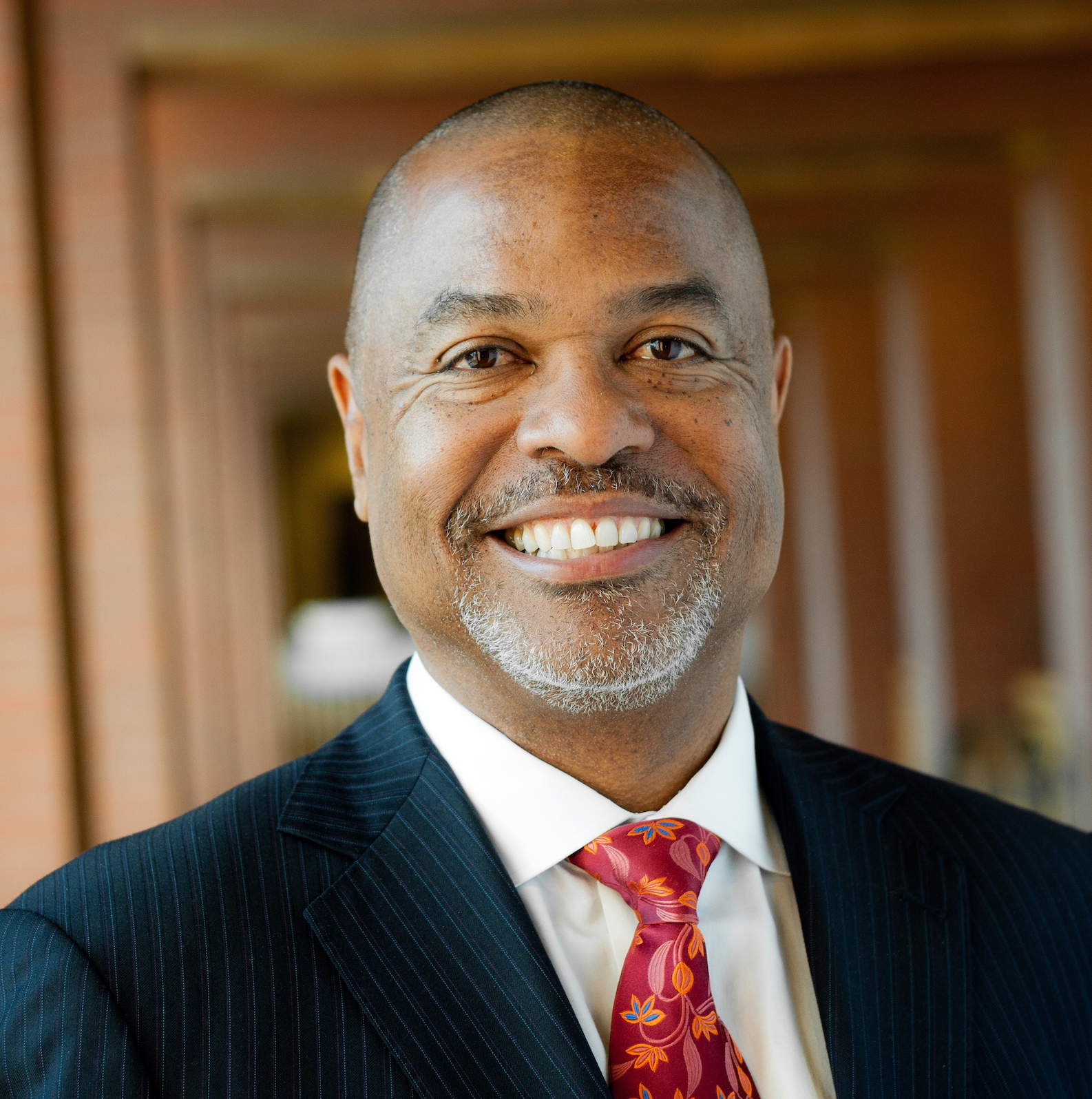Athletes need support when game is over

Sports media is packed with stories of successful athletes whose decision to pursue professional sports paid off, sometimes tremendously. Less known are the legions of players that never get to the professional level or the pros who struggle to build post-playing lives when their athletic careers end prematurely.
Arizona State University is one of the schools leading the push to provide opportunity for athletes to further their education, be it by completing their undergraduate degrees or getting advanced training. This includes the efforts of ASU Online as well as ASU’s Global Sport Institute. Among the current partnerships to help athletes continue their schooling: the NBA G League, the WNBA Players Association and USA Triathlon.
ASU Now reached out to Kenneth Shropshire, CEO of the Global Sport Institute and author of the recently published book, "The Miseducation of the Student Athlete," to better understand the challenges facing athletes and the potential to provide support. Shropshire will be moderating a panel discussion on March 16 in Washington, D.C., about athlete education and innovative approaches to increasing access for this non-traditional population of students.
Question: How would you describe the scale of need for professional athletes to continue and complete their education? Is there data that helps us understand the landscape?
Answer: There are numerous studies that illustrate how much better life is with a college degree than without. This better life includes healthier lifestyles, active citizenship and even smoking less. This is even more so the case for athletes who are the rare few that knowingly enter their first career knowing that at some point they will have to begin a second one. The good news is the graduation rate for student athletes exceeds non-athlete students at most schools. Only 2 percent of college athletes become professional football or basketball players. Their rates tend to be lower for multiple reasons, including leaving school early. Similarly, there are large numbers of professional baseball, hockey, tennis and golf athletes who leave early or never go to college at all. Their futures all need to be better addressed.
Kenneth Shropshire
Q: At a personal level, what has been your experience with athletes in terms of their desire to continue their education?
A: I led a program at Wharton that was called the NFL Business Management and Entrepreneurship program. Beginning in 2004, I met those wanting to complete their undergrad degrees as well as those wanting to earn graduate degrees. Granted, these guys were self-selected, but their determination to attain higher levels of education was consistently impressive. In recent years, I have found the same with other athletes from the WNBA to USA Volleyball. The tough stories are when athletes are told the only way that they can compete their degrees is by being in residence at the old campus. This is often difficult with new homes and families situated elsewhere. It’s why successful online programs can be so crucial.
Q: Is the system of colleges and universities organized in a way that helps athletes transitioning out of professional careers? How important is this for them to succeed professionally once their playing days are over?
A: The level of assistance is very uneven. There is no NCAA regulation mandating assistance to student athletes beyond their college playing days. There do exist formal programs, like Northwestern Forever, for example, where the goal is to assist student athlete alumni to transition to life after college and sport. On the other end, some schools have no such programs, which is why greater support is needed.
Q: ASU and the Global Sport Institute are working with various sports leagues to identify needs and provide programs that can help athletes succeed. Both today and over the next several years, how significant do you see this initiative to be? And how robust an athlete education program do you envision?
A: The greatest future outcome would be if other major research universities began to create programs assisting these athletes to come back and complete degrees or obtain advanced degrees. The key to success will be a concierge service that provides these athletes with the guidance needed to do this work. To obtain transcripts, to transfer credits, to communicate with their home schools about all of the possibilities that exist there. Frankly, we are learning much as we move forward looking for ways to service these athletes. But I am optimistic that the partnerships we are building will eventually provide the opportunity for many hundreds, if not thousands, of athletes to advance their education. This mission fits firmly within the inclusion mission of ASU.
Top photo: Student athletes at Arizona State University. Photo by Deanna Dent/ASU Now
